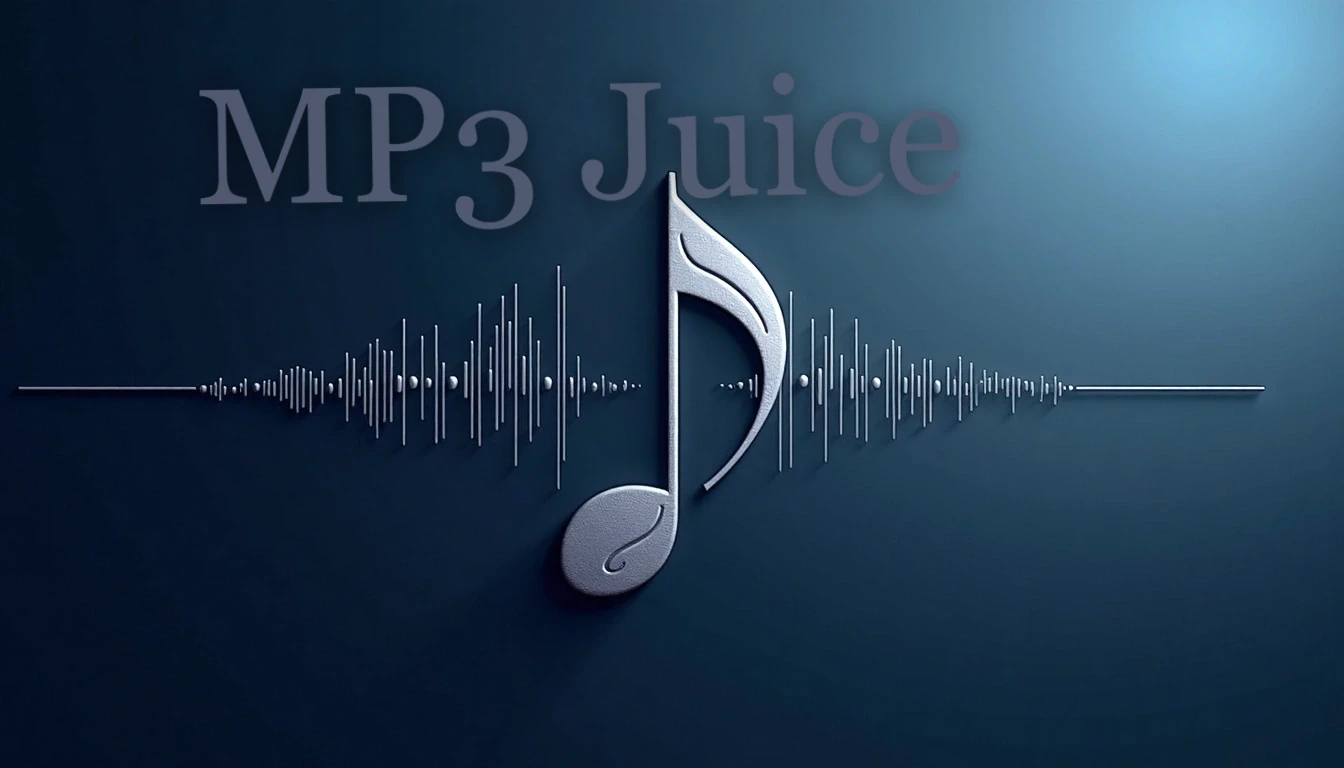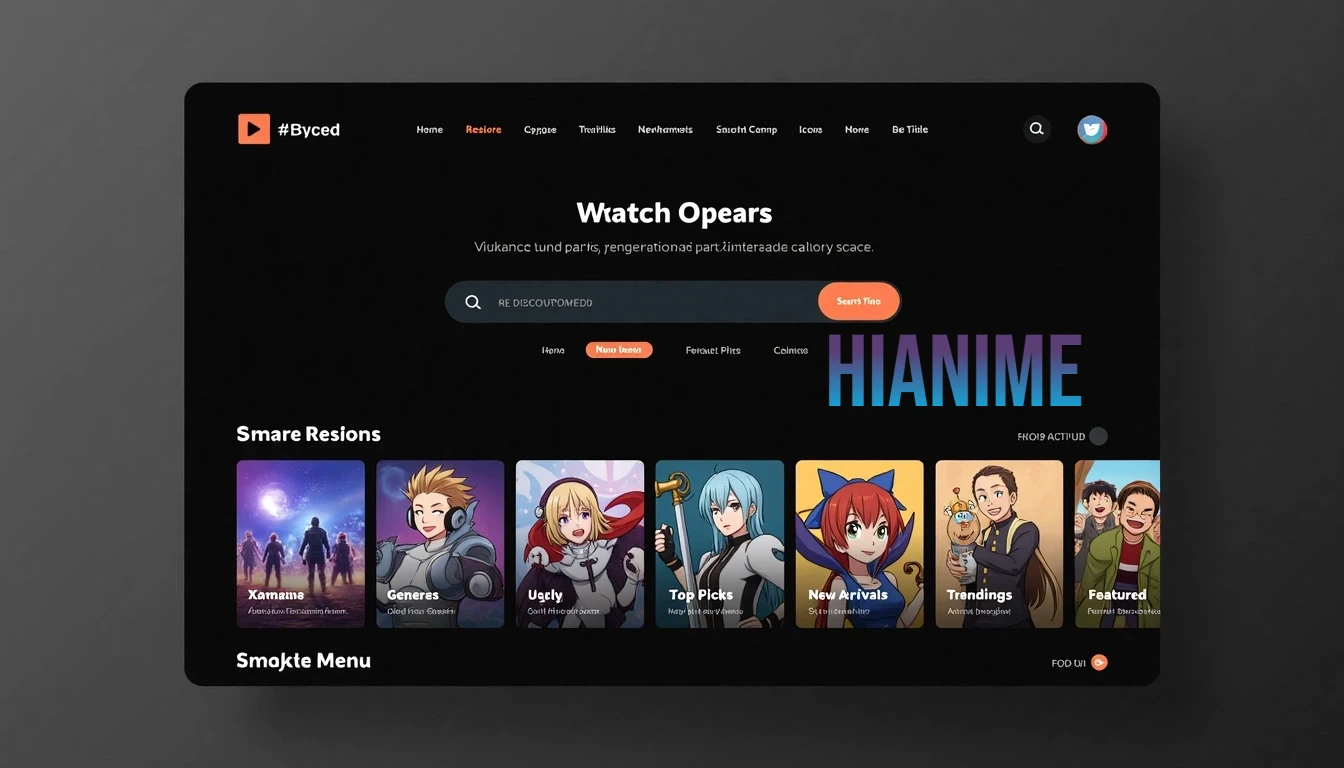Introduction
In an era dominated by streaming giants like Spotify and Apple Music, one might assume that MP3 downloads are a thing of the past.
Yet, MP3 Juice has carved a lasting presence in the digital landscape. With millions of users worldwide, it has become a go-to platform for individuals looking to download music quickly, freely, and conveniently.
But what exactly is fueling this popularity? Is MP3 Juice legal? Is it safe? And more importantly, what are the implications for users who turn to this platform?
This article dives deep into MP3 Juice’s features, legality, and safety concerns, breaking down the hype with expert insight and practical takeaways.
What is MP3 Juice?
MP3 Juice is an online music search engine that allows users to download MP3 files directly from the internet by extracting audio from videos or music hosted on various websites, often including YouTube.

Core Functionalities
- Music Search: Users can enter the name of a song, artist, or album to get downloadable MP3 files.
- URL Download: Users can paste the URL of a video or track (mostly from YouTube) and convert it to MP3.
- No Registration Needed: Users can download songs without creating an account.
- Fast Conversion: The tool quickly converts video files to audio formats with minimal delay.
Why is MP3 Juice So Popular?
1. Free Access to Music
Perhaps the biggest draw is that it’s completely free. With no subscription or login requirements, MP3 Juice offers an unrestricted way to enjoy music offline.
2. Simplicity and Ease of Use
Unlike torrents or complex downloaders, MP3 Juice has an intuitive interface. Users can search, click, and download—all in a matter of seconds.
3. Broad Music Library
The tool taps into the vast content on the internet, including YouTube’s massive database, making almost every song imaginable available for download.
4. Offline Listening
In regions with unreliable internet access or for people looking to save data, MP3 Juice offers a practical solution by enabling offline listening.
How Does MP3 Juice Work?
Understanding its inner workings helps explain both its advantages and legal complications.
| Step | Action | Result |
| 1 | User searches for a song or pastes a URL | MP3 Juice fetches results from video platforms |
| 2 | The user selects a result | Audio is extracted from a video format |
| 3 | MP3 is generated | The download button is displayed |
Technical Breakdown
MP3 Juice uses video-to-audio conversion algorithms that scan indexed web pages, convert media to audio format (usually MP3), and then serve it back to the user.
Is MP3 Juice Legal?
The Gray Area of Copyright Law
Here’s where things get complicated. MP3 Juice does not host music on its own servers. Instead, it acts as a search engine and conversion tool. However, downloading copyrighted music without the creator’s permission is generally considered illegal in many countries.
Legal Implications by Region
| Country | Legal Status |
| United States | Copyright infringement risk |
| UK & EU Nations | Illegal if used for copyrighted content |
| Canada | Risky under copyright enforcement |
| India | Legal ambiguity; enforcement varies |
What the Law Says
- Fair Use Clause: Often misunderstood, this clause allows usage for commentary, criticism, or education, not personal music downloads.
- Digital Millennium Copyright Act (DMCA): In the U.S., this law makes it illegal to bypass technological protections, which include converting YouTube videos into downloadable files.
Bottom Line: If you’re downloading music that’s protected by copyright, you could be violating the law.
Is MP3 Juice Safe?
Malware and Adware Risks
While MP3 Juice doesn’t require software installation, many fake or clone sites exist that impersonate the real platform. These can carry adware, trackers, and malicious scripts.
Common Red Flags
- Excessive pop-up ads
- Forced redirects to unfamiliar websites
- Prompts to download suspicious software
Expert Tip:
Always double-check the URL before using the site and avoid clicking on ads or prompts that lead outside the platform.
Data Privacy Concerns
MP3 Juice may not collect personal data like names or emails, but IP tracking and cookies can still compromise your privacy.
Alternatives to MP3 Juice (Legal and Safer Options)
If you’re looking for safer and legal alternatives to MP3 Juice, here are some great choices:
| Platform | Features | Cost |
| Spotify | Legal streaming, offline downloads | Free / Premium |
| Amazon Music | Downloadable music, large library | Paid |
| SoundCloud | Independent and emerging artists | Free / Paid |
| YouTube Music | Stream and download, legal access | Free / Premium |
Conclusion
MP3 Juice stands at the intersection of convenience and controversy. Its ease of access, vast music reach, and zero-cost appeal have made it immensely popular. However, users must navigate serious legal and safety risks when using the platform.
If you’re seeking legal peace of mind and better data protection, it’s wise to consider licensed alternatives like Spotify, YouTube Music, or SoundCloud.
Use MP3 Juice cautiously—with full awareness of the risks involved. Free isn’t always “free” when it comes to digital content.
FAQs
What is the safest way to use MP3 Juice?
Stick to the official website, avoid clicking on ads, and never download executables (.exe files).
Can I use MP3 Juice on mobile?
Yes. It’s compatible with mobile browsers, though you may encounter more aggressive advertising.
Is MP3 Juice legal if I download royalty-free music?
Yes. Downloading royalty-free or public domain content is typically 100% legal.
Why is MP3 Juice blocked in some countries?
Due to copyright enforcement policies. ISPs in some regions block access to prevent piracy.
Are there MP3 Juice apps on app stores?
No. Any app claiming to be “MP3 Juice” may be unauthorized or unsafe.



